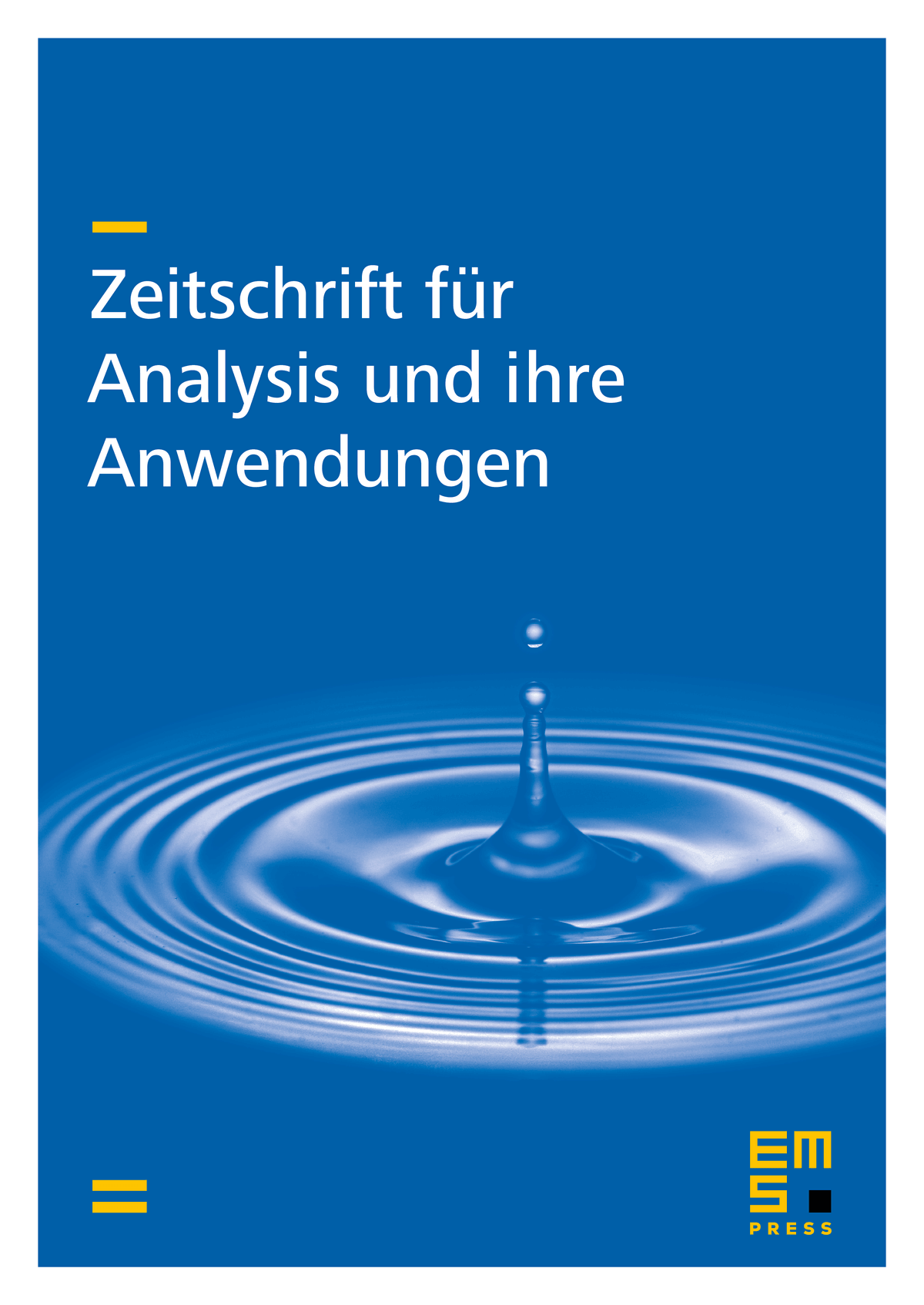The Cauchy Problem for Thermoelastic Plates with Two Temperatures
Reinhard Racke
Universität Konstanz, GermanyYoshihiro Ueda
Kobe University, Japan

Abstract
We consider the decay rates of solutions to thermoelastic systems in materials where, in contrast to classical thermoelastic models for Kirchhoff type plates, two temperatures are involved, related by an elliptic equation. The arising initial value problems deal with systems of partial differential equations involving Schrödinger like equations, hyperbolic and elliptic equations. Depending on the model – with Fourier or with Cattaneo type heat conduction – we obtain polynomial decay rates without or with regularity loss. This way we obtain another example where the loss of regularity in the Cauchy problem corresponds to the loss of exponential stability in bounded domains. The well-posedness is done using semigroup theory in appropriate space reflecting the different regularity compared to the classical single temperature case, and the (optimal) decay estimates are obtained with sophisticated pointwise estimates in Fourier space.
Cite this article
Reinhard Racke, Yoshihiro Ueda, The Cauchy Problem for Thermoelastic Plates with Two Temperatures. Z. Anal. Anwend. 39 (2020), no. 1, pp. 103–129
DOI 10.4171/ZAA/1653